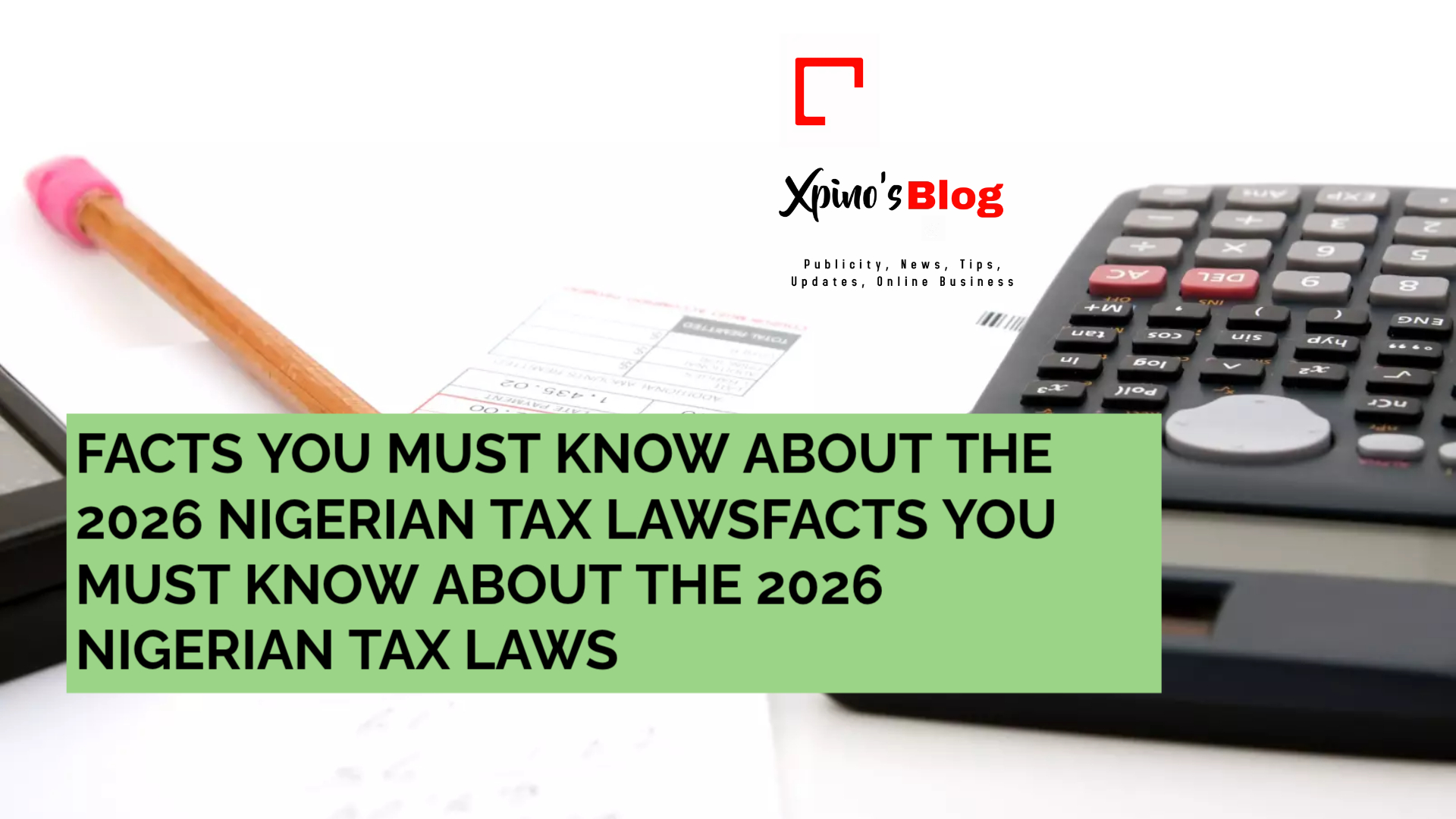
Queensland is currently experiencing a significant outbreak of canine parvovirus (CPV), prompting urgent warnings from veterinary authorities and animal welfare organizations. This highly contagious and often fatal virus poses a serious threat to unvaccinated dogs, particularly puppies.
🦠 Understanding Canine Parvovirus
Canine parvovirus is a resilient virus that primarily affects the gastrointestinal tract of dogs. It spreads through direct contact with infected dogs or indirect contact with contaminated surfaces, feces, or environments. The virus is notorious for its ability to survive in the environment for extended periods, making it challenging to eradicate once present.
⚠️ Current Situation in Queensland
Recent reports indicate a sharp increase in CPV cases across South East Queensland, including areas such as Brisbane and Ipswich. Animal Welfare League Queensland (AWLQ) has issued a critical alert, noting that their Community Vet Clinics are treating multiple cases and expect more in the coming days. The surge in cases has led to heightened concerns among pet owners and veterinary professionals alike.
🐶 Symptoms to Watch For
Early detection of CPV is crucial for effective treatment. Pet owners should be vigilant for the following symptoms:
-
Lethargy
-
Loss of appetite
-
Severe or repeated vomiting
-
Diarrhea, often with blood
If your dog exhibits any of these signs, seek immediate veterinary care. Prompt treatment can significantly improve the chances of recovery.
🛡️ Preventative Measures
To protect your dog from CPV:
-
Vaccination: Ensure your dog is up-to-date with vaccinations. Puppies should begin their vaccination series at 6-8 weeks of age, with boosters as recommended by your vet.
-
Hygiene: Maintain cleanliness in areas where your dog eats, sleeps, and plays. Regularly disinfect surfaces and avoid contact with unknown dogs.
-
Avoid High-Risk Areas: Until the outbreak is under control, limit visits to dog parks or areas with high dog traffic, especially if your dog is unvaccinated.
📞 What to Do If You Suspect Infection
If you believe your dog may have contracted CPV:
-
Contact your veterinarian immediately for guidance.
-
Isolate your dog from other pets to prevent potential spread.
-
Follow veterinary instructions for treatment and care.
📢 Community Responsibility
The current CPV outbreak underscores the importance of community vigilance. By staying informed, ensuring pets are vaccinated, and practicing good hygiene, we can collectively curb the spread of this deadly virus.
Credits: www.awlqld.com.au, www.7news.com.au, www.rspcaqld.org.au, www.news.com.au






